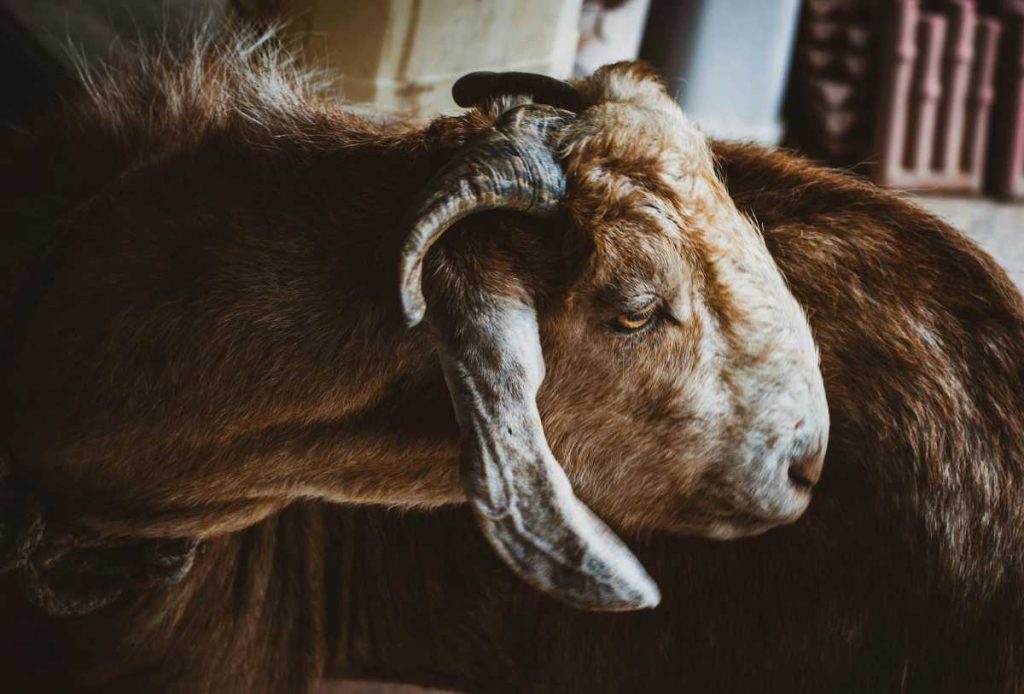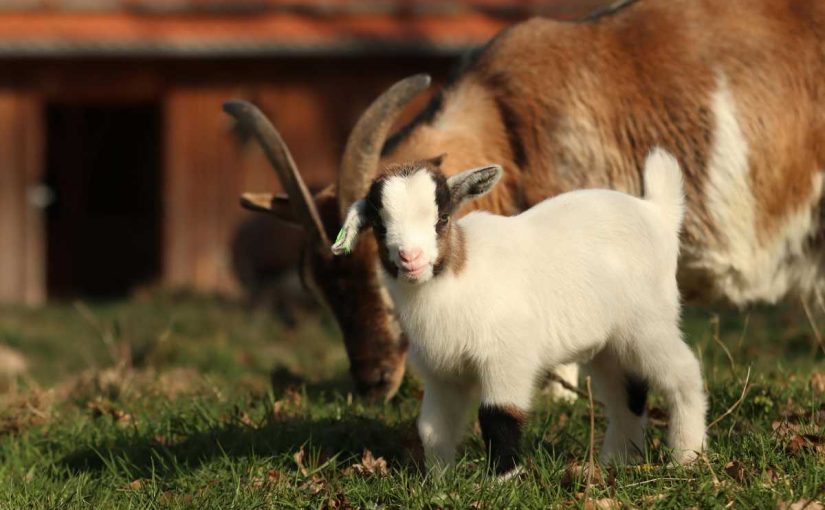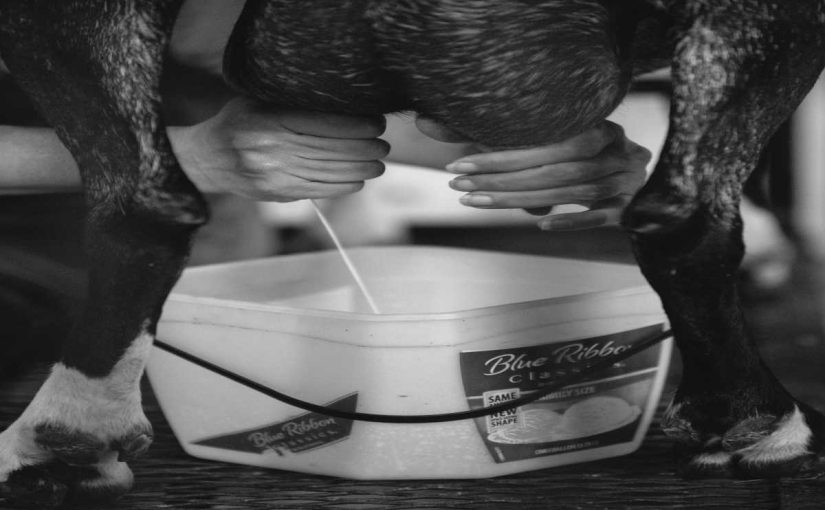Goats are hardy animals, but like all livestock, they are susceptible to certain health issues. As a goat owner, it’s important to be familiar with the common health problems goats face so you can take prompt action and prevent more serious complications. Here’s a look at seven common goat health issues and how to address them.
1. Parasites (Internal and External)
Goats are particularly prone to both internal and external parasites, including worms (like barber pole worms), lice, mites, and fleas. Internal parasites such as roundworms and coccidia can cause digestive problems, weight loss, and even death if left untreated. External parasites like lice and mites can cause itching, skin irritation, and hair loss.
Symptoms of Parasites:
- Diarrhea or soft feces
- Weight loss despite a good appetite
- Anemia (pale gums or eyelids)
- Scratching, biting, or licking of skin
- Coat changes (e.g., patchy hair loss)
Prevention and Treatment:
- Regular deworming and fecal tests by a veterinarian are important for controlling internal parasites.
- Rotating pastures helps reduce the buildup of worms.
- Keep the living area clean and dry to prevent parasite infestations.
- For external parasites like lice or mites, use appropriate insecticidal treatments recommended by your vet.
2. Foot Problems (Hoof Rot and Overgrown Hooves)
Goats can suffer from a variety of foot issues, with hoof rot and overgrown hooves being the most common. Hoof rot is a bacterial infection that causes lameness, swelling, and a foul odor in the affected hooves. Overgrown hooves occur when a goat’s hooves are not trimmed regularly, which can lead to pain, lameness, and difficulty walking.
Symptoms of Foot Problems:
- Limping or refusal to walk
- Swollen, discolored hooves
- Foul-smelling discharge from the hooves
- Cracked or split hooves
Prevention and Treatment:
- Regular hoof trimming is essential for maintaining healthy hooves, usually every 6-8 weeks.
- For hoof rot, isolate the affected goat and clean the hooves thoroughly, applying an antiseptic or antifungal treatment. Your vet may also prescribe antibiotics if needed.
- Ensure goats have access to clean, dry areas, as wet conditions contribute to hoof rot.
3. Pneumonia (Respiratory Infections)
Goats can develop pneumonia or other respiratory infections, especially when exposed to damp, unsanitary, or poorly ventilated living conditions. Pneumonia is caused by various bacteria or viruses and can be very serious if left untreated.
Symptoms of Pneumonia:
- Coughing or sneezing
- Nasal discharge (clear or mucous)
- Labored or rapid breathing
- Loss of appetite
- Fever
Prevention and Treatment:
- Ensure your goat’s living area is dry, clean, and well-ventilated.
- Avoid overcrowding, which increases the risk of respiratory infections.
- If pneumonia is suspected, consult a veterinarian, who may prescribe antibiotics or anti-inflammatory medications.
4. Contagious Ecthyma (Orf Disease)

Contagious ecthyma, also known as orf disease, is a viral infection that causes blisters and scabs around the mouth, nostrils, and sometimes the feet. It’s highly contagious and can spread between goats and even to humans in some cases.
Symptoms of Orf Disease:
- Scabs or lesions around the mouth and nose
- Swelling around the affected areas
- Pain when eating or drinking
- Lesions on the feet and legs
Prevention and Treatment:
- Orf disease can be prevented by isolating infected animals and practicing good biosecurity measures.
- There’s no specific treatment, but lesions can be cleaned and topical ointments can be applied to help soothe the area.
- Goats generally recover on their own, but severe cases may require veterinary care.
5. Ketosis (Pregnancy Toxemia)
Ketosis, or pregnancy toxemia, is a metabolic disorder that typically affects pregnant does (female goats) during the last stages of pregnancy. It occurs when the doe doesn’t have enough energy to meet the demands of her pregnancy, leading to the buildup of ketones in the bloodstream.
Symptoms of Ketosis:
- Loss of appetite
- Weakness or lethargy
- Difficulty walking or standing
- Labored breathing or collapse (in severe cases)
Prevention and Treatment:
- Ensure that pregnant does have access to a well-balanced diet with adequate energy, especially in the later stages of pregnancy.
- If ketosis is suspected, consult a veterinarian immediately. Treatment may involve administering glucose or fluids to boost energy levels.
- Prevent ketosis by maintaining a healthy body condition for does before pregnancy and by providing ample nutrition during pregnancy.
6. Enterotoxemia (Overeating Disease)
Enterotoxemia is a condition caused by an overgrowth of bacteria in the digestive tract, often due to sudden changes in diet, such as access to too much grain or rich forage. It’s sometimes referred to as “overeating disease.” The bacteria produce toxins that can damage the goat’s intestines and lead to sudden death if not treated promptly.
Symptoms of Enterotoxemia:
- Sudden death (often with no warning signs)
- Diarrhea or bloating
- Abdominal pain (goats may kick at their stomach)
- Weakness or lethargy
Prevention and Treatment:
- Prevent enterotoxemia by gradually introducing new foods into your goat’s diet, especially grains.
- Vaccination is key to preventing this disease, and you should work with your vet to establish a vaccination schedule for your herd.
- In case of suspected enterotoxemia, contact a veterinarian immediately. Antibiotics and supportive care may be necessary.
7. Milk Fever (Hypocalcemia)
Milk fever, also known as hypocalcemia, is a condition that affects does after giving birth. It occurs when the goat’s calcium levels drop drastically, typically due to the demand for calcium during lactation. Milk fever is most common in high-producing dairy goats, particularly after kidding.
Symptoms of Milk Fever:
- Weakness or inability to stand
- Tremors or muscle twitching
- Loss of appetite
- Bloating
- Pale gums
Prevention and Treatment:
- Ensure pregnant does are receiving proper calcium and vitamin D supplements, especially in the final weeks of pregnancy.
- Milk fever can be treated by administering calcium intravenously or subcutaneously, under the guidance of a veterinarian.
- Make sure that does have access to plenty of high-quality hay and pasture after kidding to support lactation and prevent calcium deficiency.
Conclusion
Goats are generally hardy animals, but they are prone to certain health issues that require attention. By recognizing the common health problems goats face, such as parasites, foot issues, and respiratory infections, you can take proactive steps to keep your herd healthy. Regular health checks, proper nutrition, good living conditions, and vaccinations are essential for preventing and managing goat health issues. If you notice any symptoms of illness in your goats, it’s important to consult a veterinarian as soon as possible to prevent more serious complications. With the right care, your goats can live happy, healthy lives.



